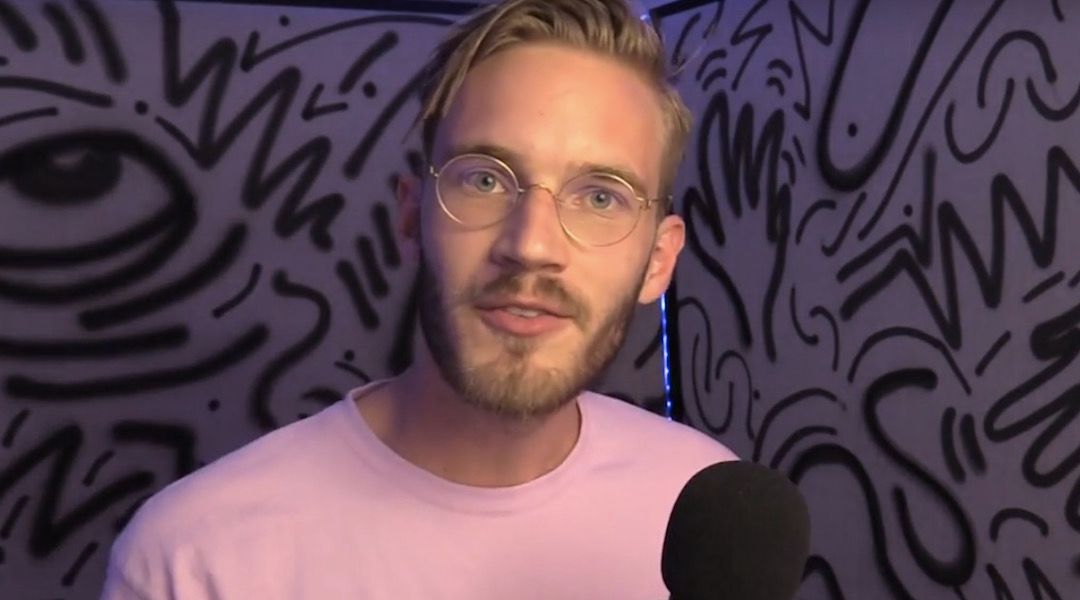'Wildly popular' YouTuber PewDiePie sets the record straight on the recent paid review scandal with Warner Bros, revealing that his sponsorship was fully disclosed by the video.
It’s no secret that as his popularity continues to grow, PewDiePie has become an increasingly divisive figure. While some love the YouTuber for the entertainment he provides, others see PewDiePie as the singular representation of our gameplay commentary obsessed culture. It also doesn’t help that he’s extremely successful, reportedly earning millions thanks to YouTube videos and other sponsorships.
With that in mind, it came as no surprise that so many threw PewDiePie under the bus for a recent FTC press release, which revealed that Warner Bros. was under fire for not disclosing paid advertising that involved a number of influences, including PewDiePie. However, a response from PewDiePie on his YouTube channel sheds more light on the issue.
In the video, PewDiePie reveals that he did, in fact, disclose that Warner Bros. sponsored the Shadow of Mordor video. All one needed to do was look and they could see that the video does include a 'This video was sponsored by Warner Bros.' tag. Could he have done a better job disclosing that information? PewDiePie admits that, yes he could have, but any claims that the YouTuber did not make that information public knowledge are false. Even so, he does plan to make his paid-for promotions more obvious to viewers - not something he needs to do but is willing to do in the interest of transparency.
As far as the Shadow of Mordor situation is concerned, PewDiePie does acknowledge that Warner Bros. never required that the sponsorship be disclosed, which is where the FTC trouble comes into play. Without disclosing that information, it makes it seem like the videos are representative of honest opinions, which could still be true but from the perspective of the FTC is still a no-no.
[HTML1]
It’s also worth pointing out that, although YouTubers like PewDiePie tend to offer their opinions on games, they are not actually reviewing those products. Even PewDiePie points that out in his video; he is not a reviewer. Some do offer opinions on games during and after the play session but the WB Shadow of Mordor coverage was to increase awareness, not to review the game. And given that the game received numerous Game of the Year awards, it appears that the advertising worked regardless.
Unfortunately, as more and more is said about full disclosure regarding ties to a product or company, the gaming population is going to become more wary of the content they consume. And, of course, when divisive popular figures are involved, some will be quick to grab the pitchforks, even without the full picture.
Then again, if the byproduct of situations like this is more transparency, that can only help the consumer moving forward. If consumers are aware of what is paid advertising or sponsored content then there’s no foul play and everyone knows to take the opinions shared with a grain of salt.
Source: PewDiePie

